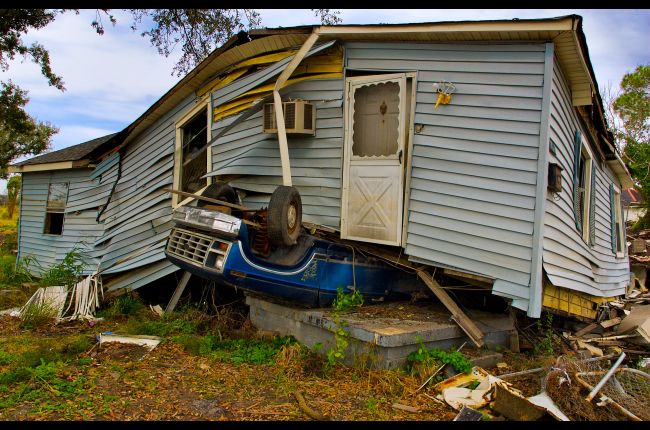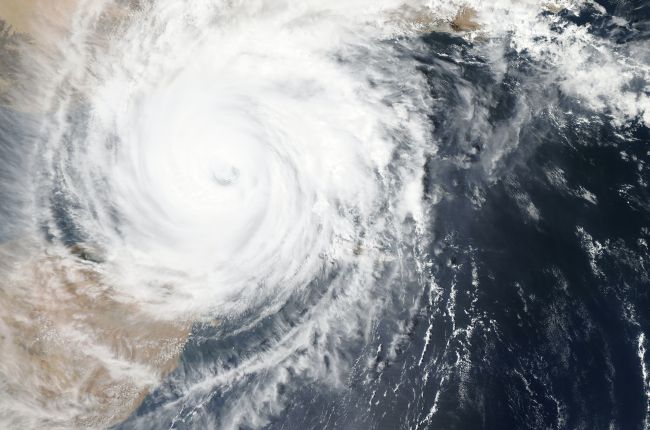Natural hazards impact every state and territory in the United States. Hurricanes, floods, earthquakes, wildfires, tornadoes, volcanoes, landslides, sinkholes, extreme temperatures, and drought, among others, result in billions of dollars in annual losses to the United States. These hazards threaten lives and property, disrupt services, damage infrastructure, and weaken the economy. At present, 39 percent of the U.S. population lives in counties directly on the coastline and at risk to coastal flooding associated with sea-level rise. A thriving nation requires resilient communities so that citizens can endure economic and social disruptions related to natural hazards. Geoscientists help communities identify, avoid, mitigate, prepare for, respond to, and recover from natural disasters. In coordination with engineers, social scientists, public safety professionals, and emergency managers, geoscientists conduct natural hazards research, monitoring, training, education, and public outreach to help create resilient communities.
To minimize the potential impact of natural hazards:
Encourage basic and applied research to strengthen community resilience by minimizing impacts on people and infrastructure. Geoscientists study the links between natural hazards and Earth processes and how natural hazards impact society. They identify hazard-prone areas through geologic mapping and LiDAR technology, and advise on transportation planning, land-use practices, and building codes, leading to more resilient communities.
Prioritize natural hazard monitoring. Geospatial tools such as satellites, LiDAR, seismometer networks, and tide and stream gauges help geoscientists collect data to assist in disaster assessment and response, and develop more accurate models, forecasts, and warnings. Monitoring networks need stable, long-term funding commitments to function properly.
Support communication of the risks and vulnerabilities associated with natural hazards to the public. Geoscientists translate technical data into actionable and accessible information, providing scientific advice for mitigation, preparedness, response, and recovery efforts.






